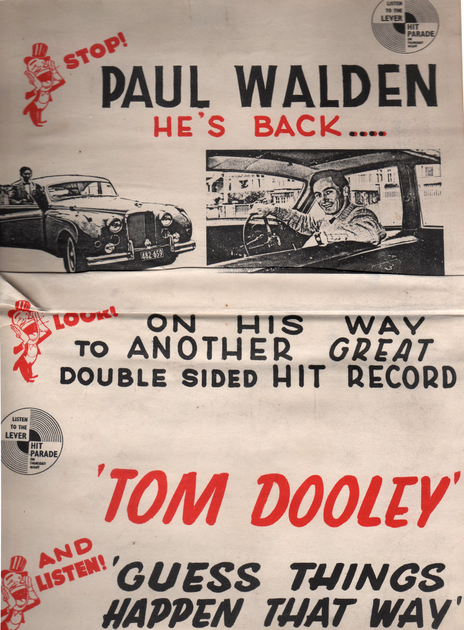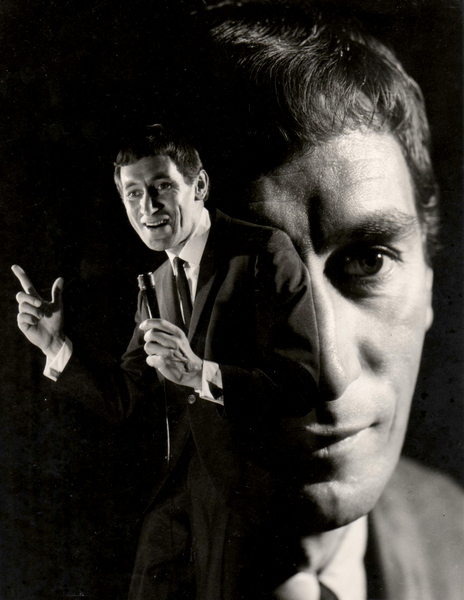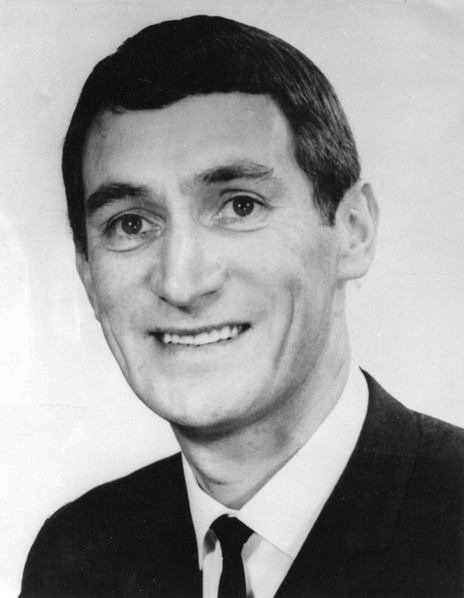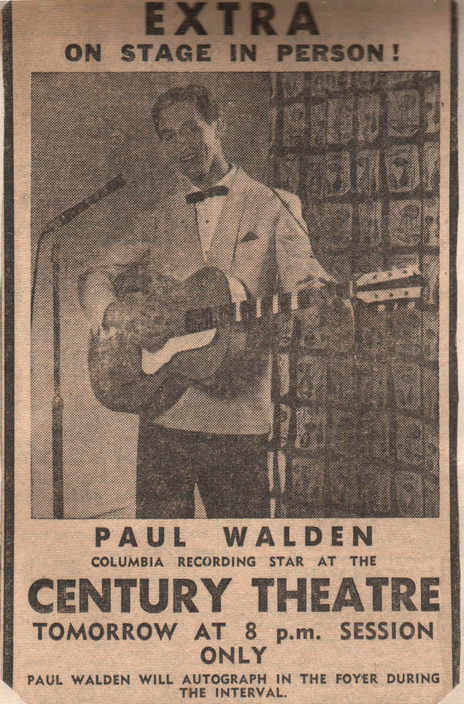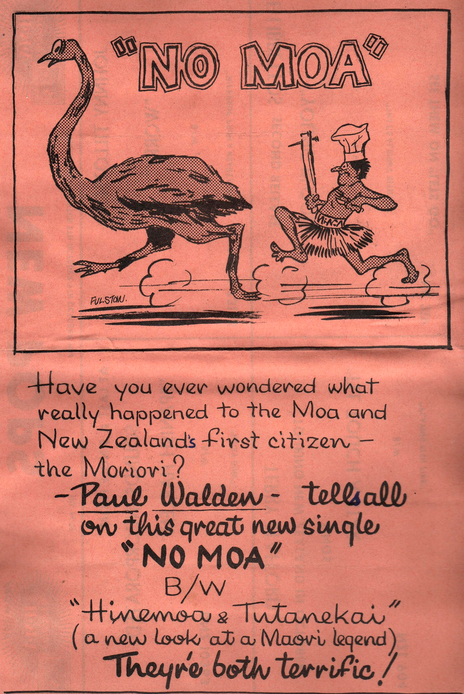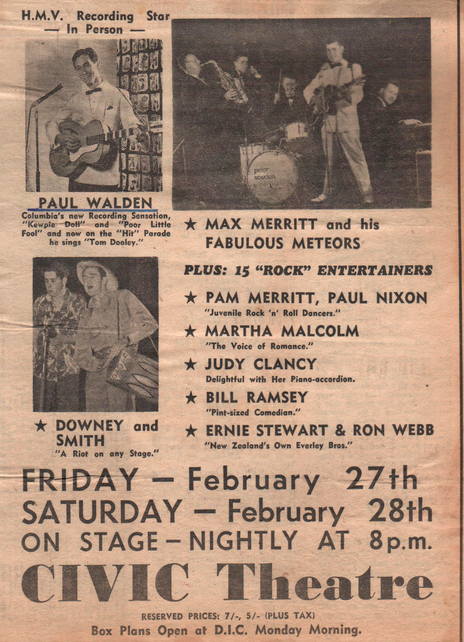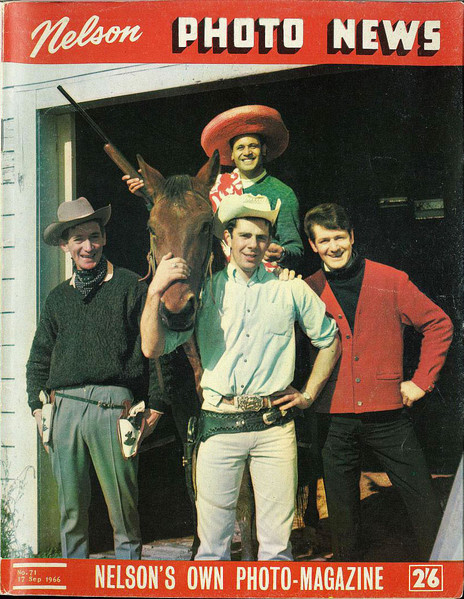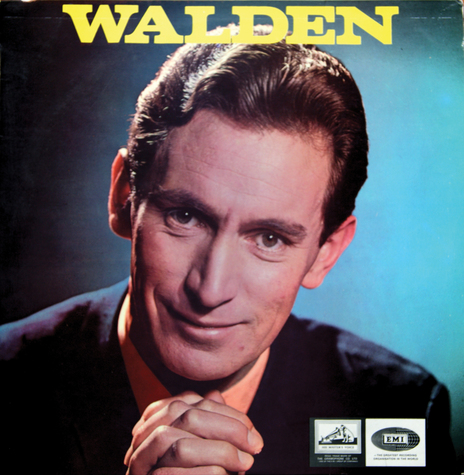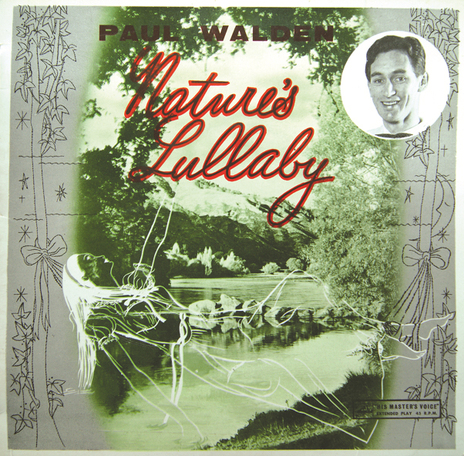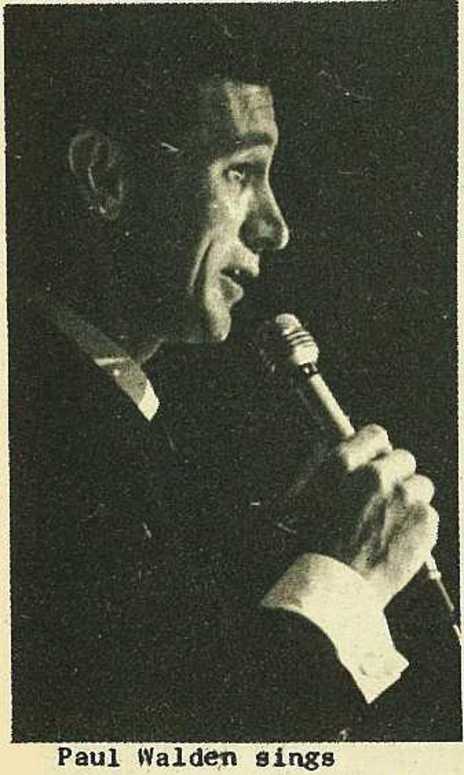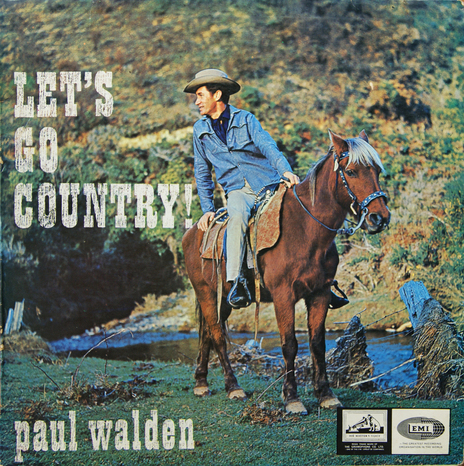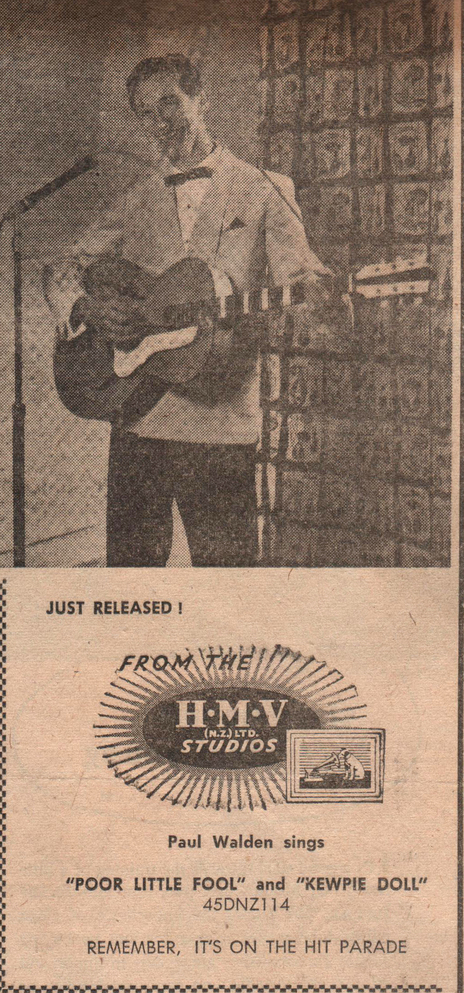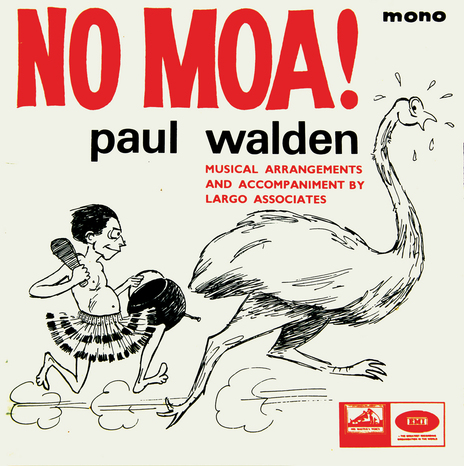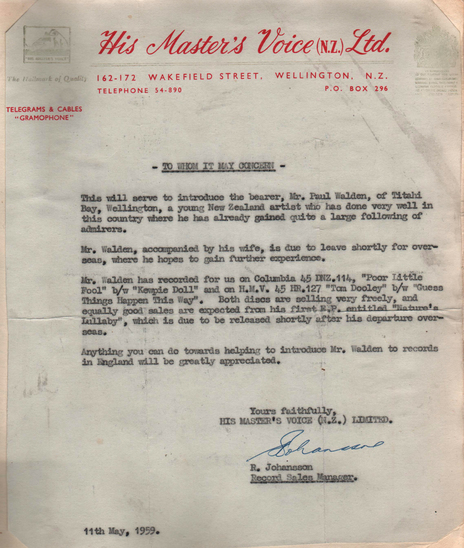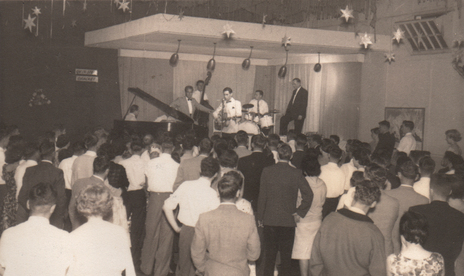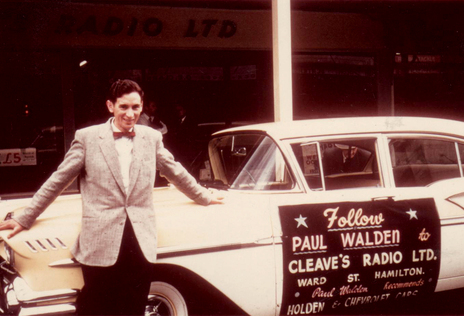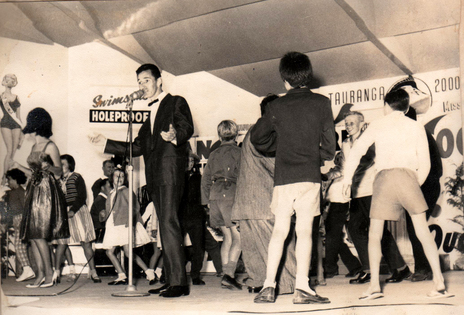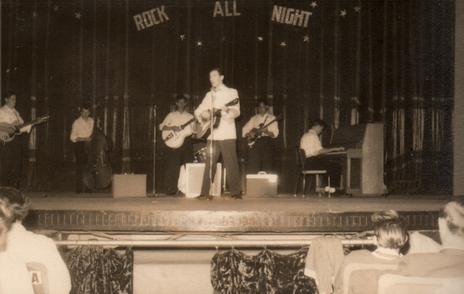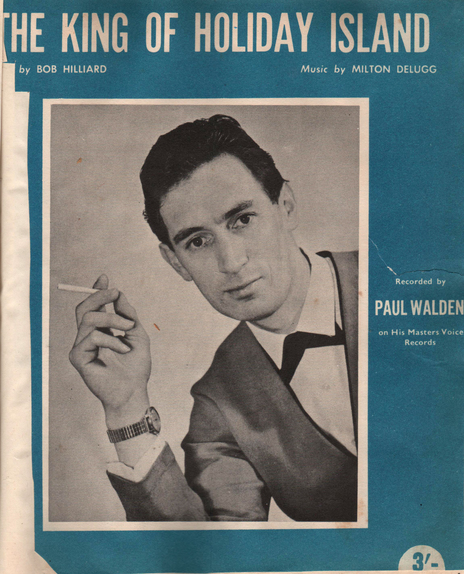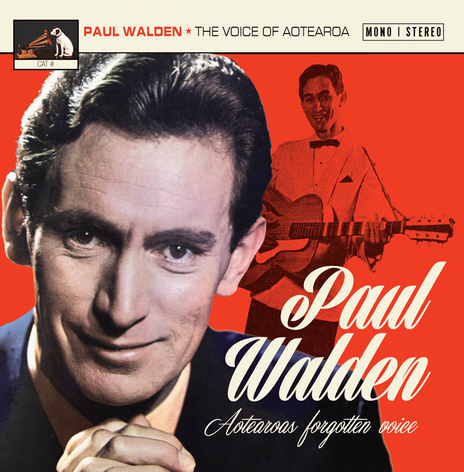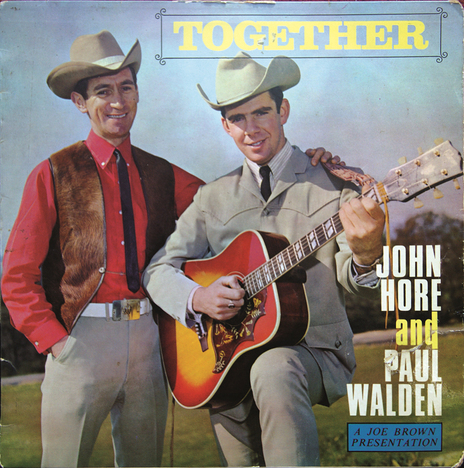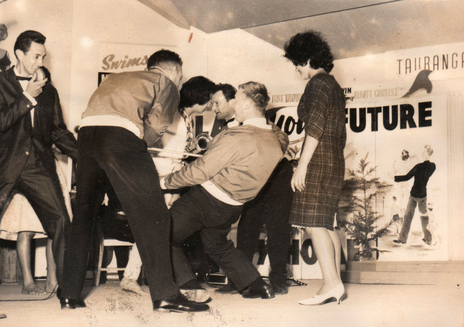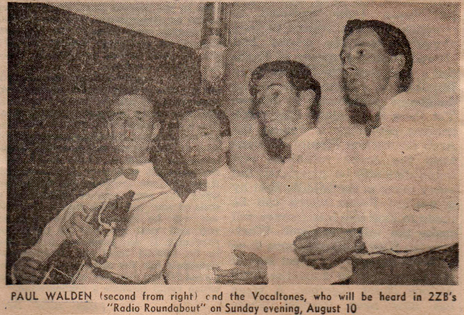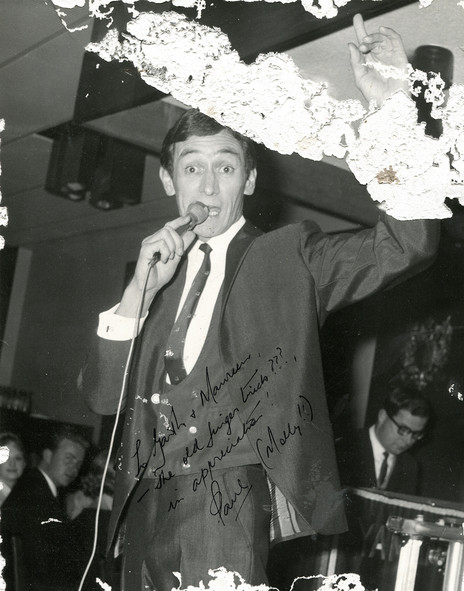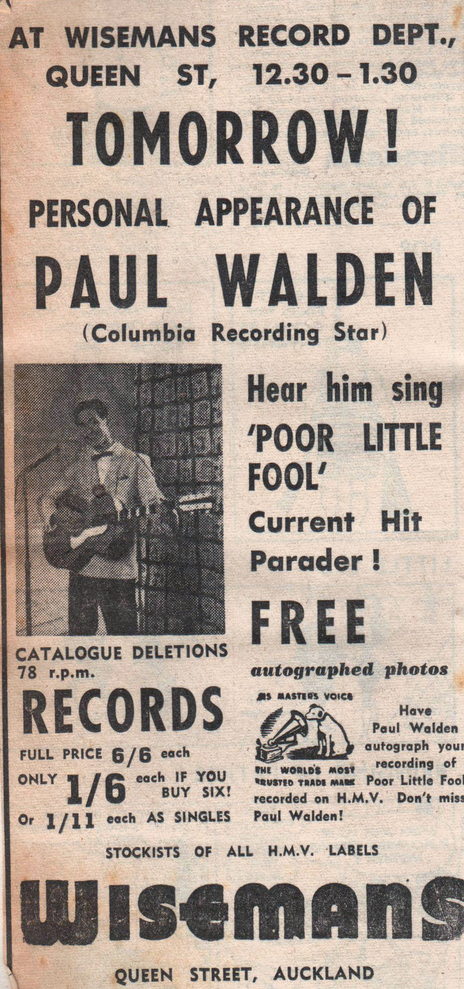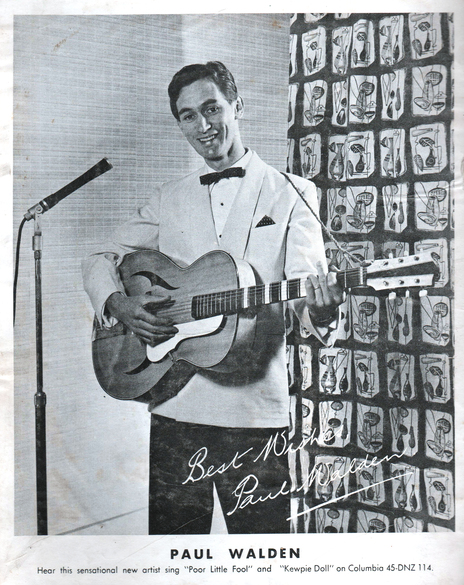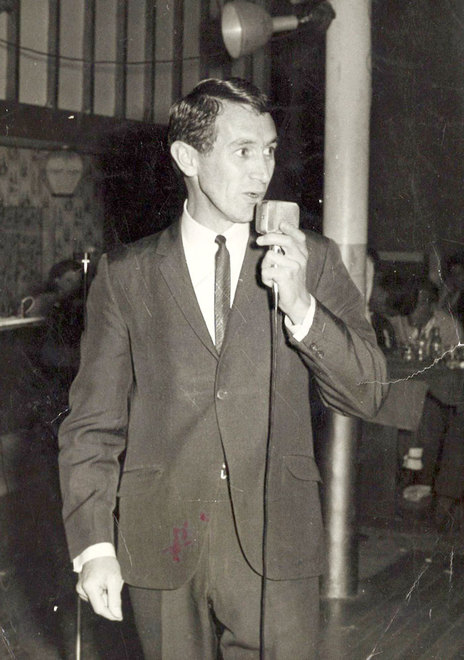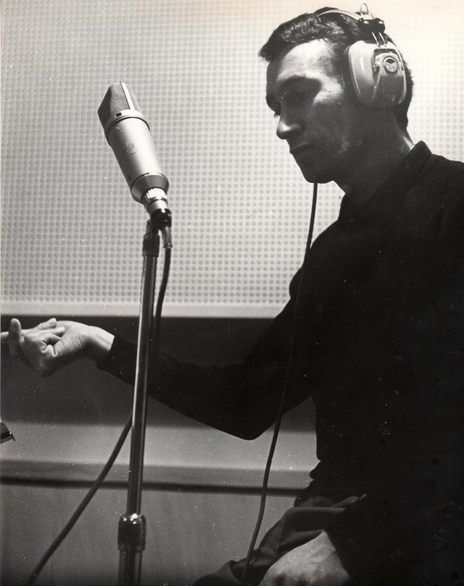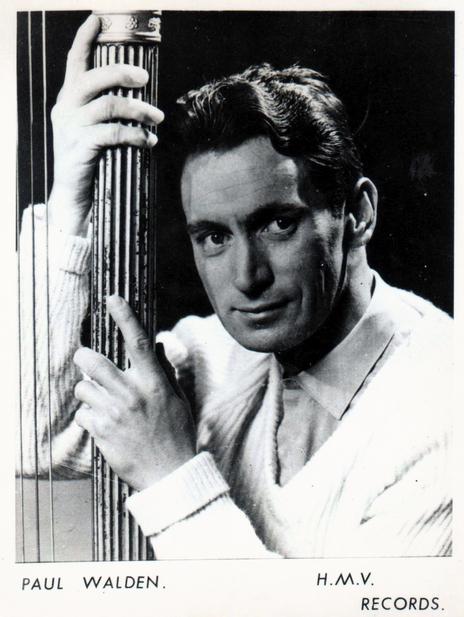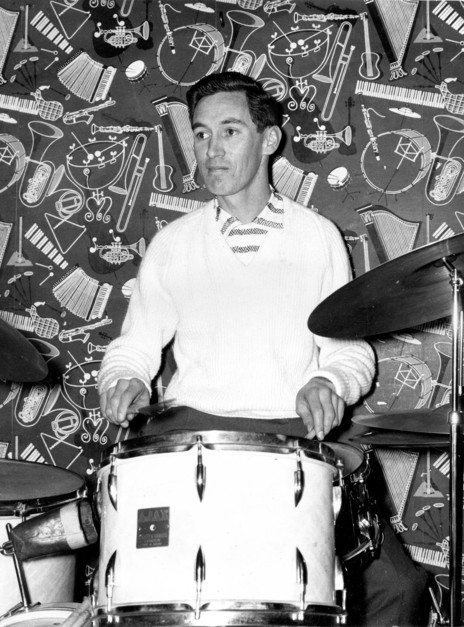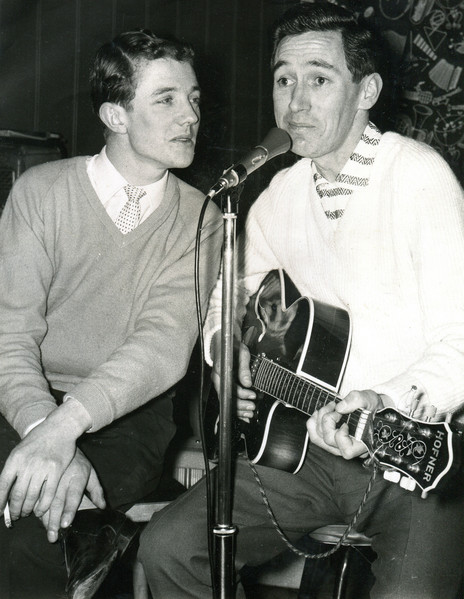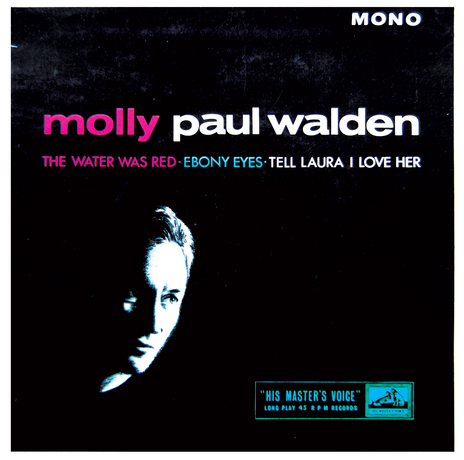At age 19 Walden was an established radio and cabaret performer, but he chose to work as a sheep musterer at the South Island high country Erewhon Station. Back in Wellington after honing his vocal skills on a captive audience for two years, Walden picked up where he had left off and was soon singing at all the capital's main venues and radio shows, leading to a recording contract with HMV Records.
Backing Walden for his first recording session in 1958 was The Mana Quintet, led by Paul Walden's older brother Barry who at age 19, after World War II, had served in Japan where he played piano in the occupation J Force’s Jazz Band. Pat and Bob Southee, Richie Cooper, Phil Campbell and Jim McNaught completed the Mana Quintet, who later on became The Supersonics and recorded for HMV. On the recording day of Paul's debut 'Poor Little Fool' and 'Kewpie Doll', Richie Cooper was rushed to hospital, and Barry Walden took over on bass.
'Poor Little Fool' reached No.4 on the Lever Hit Parade and outsold Ricky Nelson's version.
'Poor Little Fool' reached No.4 on the Lever Hit Parade and outsold Ricky Nelson's version. To capitalise on the record’s stunning success HMV sent Walden on a promotional tour complete with a Chevrolet Bel–Air and a driver, performing and signing autographs in record shops up and down the North Island. A lunchtime performance in a Hamilton record shop drew such a big crowd that it caused a traffic jam as fans spilled out onto the street.
Skirting from town to town, Paul Walden left behind a swath of happy fans and a positive media response, including this from an unidentified local newspaper: “Cutting a wide swathe through feminine hearts up and down the country Paul Walden favours the slow, sweet ballad ... when he uncorks his low register notes this is the field he is most at home with.”
Walden’s version of 'Tom Dooley' and 'I Guess Things Happen That Way' soon followed. Later in 1958 he starred in his own radio show on the YA and YZ national networks with Bob Barcham And His Rhythm. In 1959, Walden headed to the UK with his young family in tow, and letters of introduction from the Prime Minister, the Major of Wellington and the head of HMV Records New Zealand.
Fresh off the boat in London in late 1959, Walden quickly landed a contract singing with the 35-piece BBC Light Orchestra. Over the next four years he performed regularly on BBC Radio and Television. He was also the resident entertainer at the famous Down Under Club in Fulham, a magnet for Australians and New Zealanders living in London, taking over from Rolf Harris.
In London in 1959, Walden quickly landed a contract singing with the 35-piece BBC Light Orchestra
The famed New Zealand bass-baritone opera singer, Inia Te Wiata, then lined up some work for Walden in the UK film industry. Together they worked on In Search of the Castaways (1962), starring a young Hayley Mills, where they were joined by the Maori Hi-Five, performing a haka. Walden helped to cast 100 Māori lookalikes, and also performed as a stuntman. Other film jobs where Paul worked as an extra, a double or a stuntman include (as a horseman) Cleopatra (1963), This Sporting Life (1963, starring Richard Harris) and Summer Holiday (1963) with Cliff Richard and The Shadows. Paul Walden recorded the title song for the movie Tiara Tahiti (1962), also appearing as an extra. In the Walt Disney movie, A Horse Without A Head (1963), starring Leo McKern, Walden had raw meat rubbed into his clothes and was then made to run into a tunnel with 40 dogs in pursuit.
In 1963 Paul Walden was lured back to New Zealand by TV producer Kevan Moore to star in his late night entertainment show After Dark. Walden immediately re-started his recording career at HMV, under the musical direction of Garth Young, where he recorded a series of good sellers during over the next few years. They included 'No Moa', 'The King of Holiday Island’, and the tearjerker 'Molly', which sold 20,000 copies at a time when 5000 to 8000 was regarded as a success. In 1965 Paul Walden recorded possibly New Zealand’s best selling Christmas single ever, 'A Penny Christmas Card', written by local songwriter Wally Chamberlain.
'Poor Little Fool' b/w 'Kewpie Doll' was reissued by HMV in 1968 on their tenth anniversary.
As well as numerous television and radio appearances Walden spent much of the late 60s touring the country with promoter Joe Brown's national tours, alongside Howard Morrison, John Hore, Peter Posa, The Quin Tikis, and Lou and Simon.
Paul Walden relocated to the Gold Coast in the early seventies, where he worked as an entertainer, artist agent and promoter and played alongside artists such as Roy Orbison, Glen Campbell and Harry Secombe.
In the early 2000s Walden returned home, settling down by the banks of the Whanganui River. He continued performing, locally and further afield, and in about 2015 resettled on Australia's Gold Coast.
Paul Walden passed away in December 2023.
